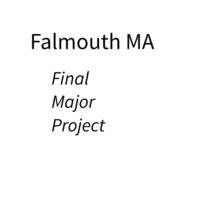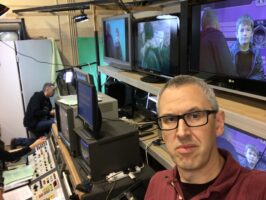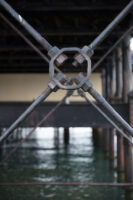This entry is my recollection of a Lunch and Learn event with Annie Liebovitz organised by UBS
Annie Leibovitz talked about exhibition “WOMEN: New Portraits” that was commissioned by UBS. The exhibition reflects the changes in the roles of women today. The original series dates back to 1999 when Susan Sontag discussed the concept of a woman exhibition with Annie. At the time she question if the project was resolvable given the breadth of the subject. When framing the commission for UBS Annie referenced the work of August Sander’s photographic project to document the people of his native Westerwald near Cologne from all walks of life. Annie commented that the Women project has parallels to this piece of work.
Annie shared some of her influences she mentioned being inspired by Henri Cartier-Bresson but never felt able to achieve the decisive moment and felt that the more studied approach to portraiture is a better reflection her style. She made reference to taking photographs of Virginia Woolf and the marks on the table as being at the core of art.
Annie proceeded to explain some more about the current body of work and presenting the images as installation piece she felt allowed the stronger images in the wall to support potentially weaker images as part of the whole. As a photographer Annie she does research prior to portrait setting to understand her subject. She then sets the stage and allows the sitter to express themselves.
The session moved into a question and answer session. Note: The questions and answers below are not a perfect transcript of the dialogue but are reproduced from my handwritten notes.
Audience: why most of the women in her portraits are not smiling?
Annie: This is maybe a reflection on my childhood where I was asked to smile for photographs. Therefore I did not ask the women to smile ensuring that any smile captured would be genuine.
Audience: Of the following three photographers which 1 do you admire most; Richard Avedon, Henri Cartier-Breslin and Robert Franck?
Annie: I don’t feel I have to choose they are three photographers that I admire. There so many different ways to take a photograph. What has been taken before is a library of ideas.
Audience: What advise would you give to me as an amateur photographer?
Annie: It is better to go an take pictures. What is important is why are you taking those pictures and what are the telling.
I see photography today as being very exciting we can see in the dark, see in under the sea, see into the sky. I am very impressed by the BBC Planet Earth work and especially the episode about animals in cities.
There are many different ways to get you work seen on the web, etc. Photo books have their place and it is easier today for people create their own books.
Annie: We use photography to record our life’s. To help us remember important events. To capture fleeting moments. The photographs we take area mirror of us and help us see who we are.
Audience: What do you think to the Selfie Culture?
Annie: It has its place within photography. I am not very good at taking selfies maybe it requires more practice. The only issue is maybe it is too much but you can always walk away. The still images remain relevant in our lives that are moving so fast. It allows you to say “I am here”. If you think about it selfies are not new people have been using cameras with self timers on tripods to take picture in the past.
Audience: You have taken some controversial images in the past?
Annie: What controversial images?…
I have used nudity in my images but only where it is appropriate. When shooting Lady GaGa in the studio she removed her clothes and my assistants did know where to look. Today I use nudity less than in the past however the body is part of our language.
Audience: How has you photography developed overtime?
Annie: I started within photo-journalism with magazines such as Rolling Stone but overtime that has dropped away. Today I feel my voice is stronger if I tell the story as I see it. It is good to sometimes stop and look back over earlier work. History is becoming more important for me. The pictures I take are in our time.
Audience: Do you still use analogue film?
Annie: No I do not shoot analogue I only shoot digital. Like many people I am still learning how to use digital. I has its own look. For me the content is more important.
End
Reflection
It was not just interesting to listen to a great photographer to talk about her work but get insight into why UBS had commissioned Annie for this project. Overall I found the talk inspirational gave me something to aim towards with my own photography.
Additional links to video material on the intranet and youtube from the various tour stops:
https://intranet.ubs.net/microsites/annie-leibovitz/en/behind-the-scenes.html
https://www.youtube.com/playlist?list=PLwb3qYuADBotJ533bNrHGoORX7C_VawSI





